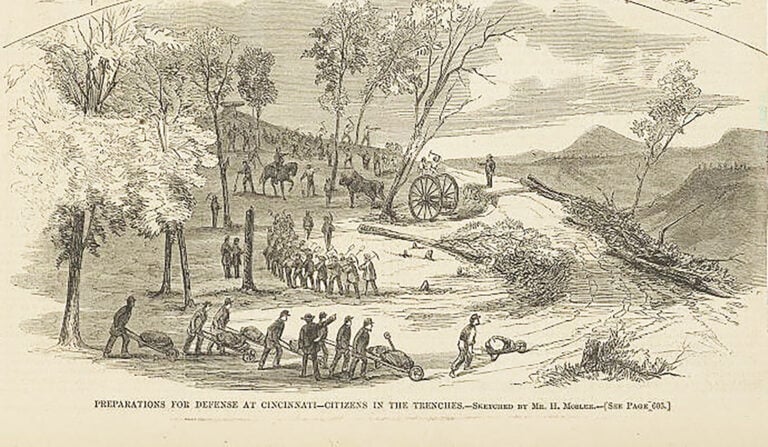In the last month, more than a dozen cases of a highly contagious new strain of dog flu—H3N2—were confirmed in Florida, Georgia and North Carolina as a result of close contact between dogs on the dog show circuit.
As dogs that interact with other dogs socially, through travel with their owners or visits to dog parks, doggie daycares or boarding kennels, are at particular risk, the virus has spread rapidly to a suspected nine more states across the Southern region of the United States.
Scott Tritsch, D.V.M., of Georgetown has been treating 39 presumably infected dogs since the outbreak.
Because H3N2 is a relatively new virus, dogs have no natural immunity to it, and nearly 100 percent of dogs who come in contact with the strain will become infected.
If a dog does become infected, a veterinarian can only provide supportive care as there are no specific treatment options available. Due to the highly contagious nature of the virus and limited treatment options, the best approach to treating dog flu is through active prevention.
Fortunately, there is a vaccine available to help protect against the most recent strain of dog flu as well as the original strain, H3N8.
“I would encourage pet owners, especially those with dogs that frequently come into contact with other dogs, to vaccinate their pups to help protect them from contracting this highly contagious virus — and to prevent its rampant spread to other susceptible dogs,” said Tritsch.
In an effort to help prevent the spread of dog flu, veterinary clinics across 13 southern U.S. states are partnering with Merck Animal Health hosted Dog Flu Vaccination Day, to educate pet owners about the new strain of dog flu and options for vaccination against both strains of the disease.
“If your dog has recently come into contact with other dogs, whether at a dog show or the neighborhood park, contact your veterinarian if you observe the common signs of dog flu, including coughing, fever, sneezing, ocular discharge and lethargy,” said Tritsch. “For more information about dog flu the importance of protection visit doginfluenza.com/ifthisdogcouldtalk.”


















